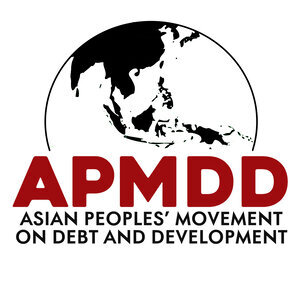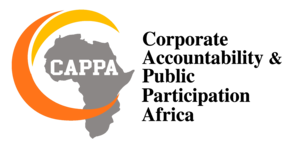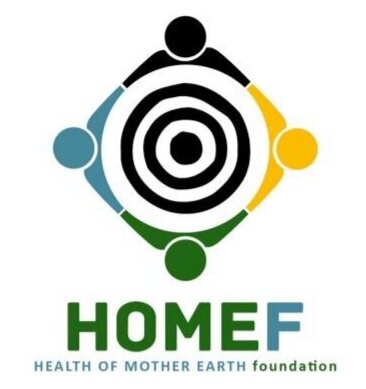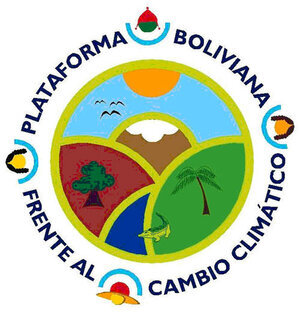Advancing liability locally to globally relies on a combination of strengthening international legal instruments and institutions that already exist, drawing from best practices and precedents, and enshrining new, bold and visionary aspiration for what is needed to transform systems and advance justice.
Why?
Polluting industries like the fossil fuel, mining, and agribusiness industries have fueled the climate crisis. They’ve reaped vast profits, all the while knowingly causing harm—burdening communities around the world with the social, environmental and economic costs of climate disaster. Holding polluting industries liable can compel polluting and destructive corporations to end their abuses as well as release urgently needed funding to address the climate emergency and climate impacts.
How?
The roadmap contains guidance for decision-makers and movements at four levels of action: local, national, international, and multi-level. Under each, you’ll find a variety of approaches that you can harness depending upon the type of leadership you hold. Explore each level above to see how you can take action to hold polluting industries liable.
What is Liability?
Liability, here, refers to using tools (legal, legislative, policy, cultural, and otherwise) to hold corporations and industries responsible for their roles in driving the climate crisis and undermining action to address it. When fully implemented in accordance with the principles laid out here, it should advance justice, address inequality, help communities on the front lines of the climate emergency access the resources they need and are owed, and deliver reparations owed to communities on the front lines of climate change.
Principles for Advancing Liability
Holding polluting industries like the fossil fuel industry liable can help deliver systemic change and end the abusive practices of polluting corporations—when done the right way. Measures to advance liability must adhere to principles of equity and fairness, at the global level. See the full list of principles for implementation of liability.
Partners
Case Studies
Around the world, people, communities, organizations, and decision-makers are taking action to hold abusive corporations liable.
These case studies illustrate the power and lifesaving potential that liability can hold, highlight global precedents and share important lessons learned so far.
Contact us
This liability roadmap is meant to be a living document. We intend to update it as new opportunities, guidance, and case studies emerge.
Please reach out to info@liabilityroadmap.org if:
You would like to suggest an addition to the roadmap, such as a case study, a toolkit, or liability measure not currently reflected here.
You are a public decision-maker or social justice leader looking for support in advancing one or more of the liability measures laid out in this roadmap.
While we may not be the right people to assist with every request, we will do our best to provide additional resources and connect you to a convening organization that may be able to support you.

















